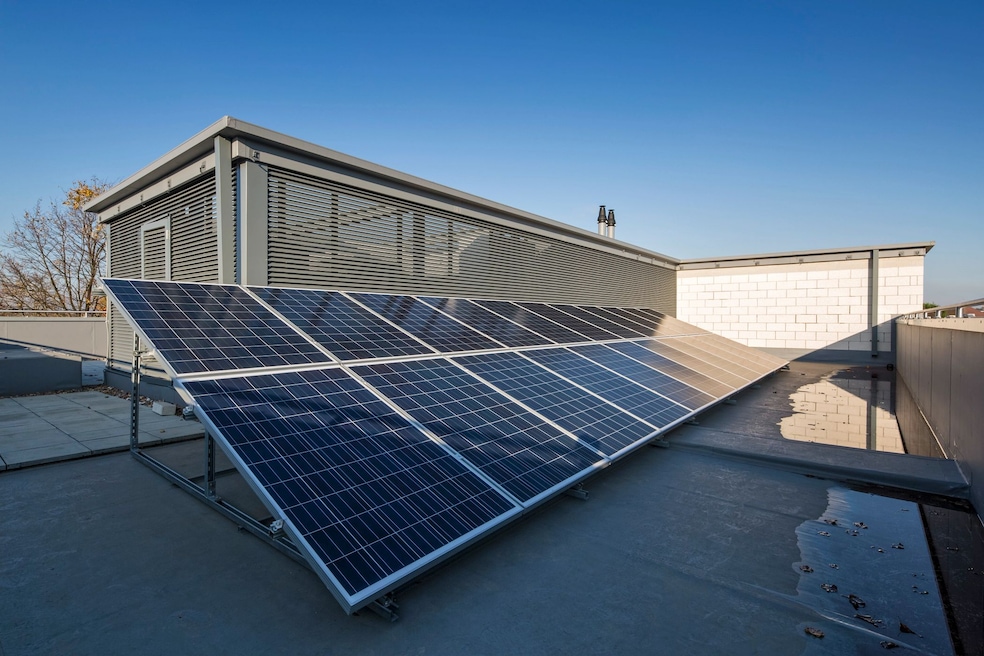Housing market confidence stalls
Americans are expressing pessimism about the housing market as buying sentiment stays deeply negative.
The Home Purchase Sentiment Index remained steady at 71.4 in September, unchanged from August, reflecting stagnant consumer confidence, according to mortgage giant Fannie Mae’s National Housing Survey.
Seventy-three percent of respondents in the survey said it was a bad time to buy a home in September, up from the 72% polled in the previous month.
The results underscore persistent affordability challenges, with buyers either priced out or waiting for significant movement in mortgage rates. Seller sentiment is more optimistic, but it's also waning compared to last year. Overall, consumers believe the economy is on the wrong track, fueling uncertainty in the market.
Number of minority-owned homebuilders climbs
The share of minority-owned remodeling and homebuilding firms jumped between 2017 and 2022, according to the most recent annual data from the U.S. Census Bureau.
In 2022, the share of minority-owned homebuilding firms reached 14%, up from 9% in 2017. In 2007, the share was just 6%. That’s a 64% increase in five years, according to an analysis from the National Association of Home Builders.
But for residential remodelers, the spike was more dramatic. The number of remodeling firms in 2017 was 11,565 and 22,119 in 2022, a 91% increase. Minority-owned remodeling firms made up 18% of all remodelers in 2022.
Recent data also shows the share of women working in construction is on the rise, making up 11.2% of the total industry workforce in 2024, a 0.4% year-over-year increase.
Groups sue EPA over solar program cancellation
Multiple organizations filed a lawsuit Monday against the Environmental Protection Agency and its administrator, Lee Zeldin, for canceling Solar for All, a program aimed at assisting low-income households in purchasing rooftop solar panels.
The cancellation occurred in August as part of President Donald Trump’s so-called Big Beautiful Bill, aimed at cutting federal spending and taxes. The President Joe Biden-era $7 billion Solar for All program provided solar funding to 900,000 eligible households.
The lawsuit was filed in Rhode Island, according to court papers. The Rhode Island AFL-CIO labor organization, public interest law group Rhode Island Center for Justice and nonprofit Solar United Neighbors were among the plaintiffs. They argued the cancellation cuts jobs and increases electricity prices.
The EPA estimated solar would save eligible grantees $400 annually, and the lawsuit cites that the program would have reduced or avoided more than 30 million metric tons of carbon dioxide.
This story was updated Oct. 8 to correct the rate of growth for minority-owned remodeling and homebuilding firms.

